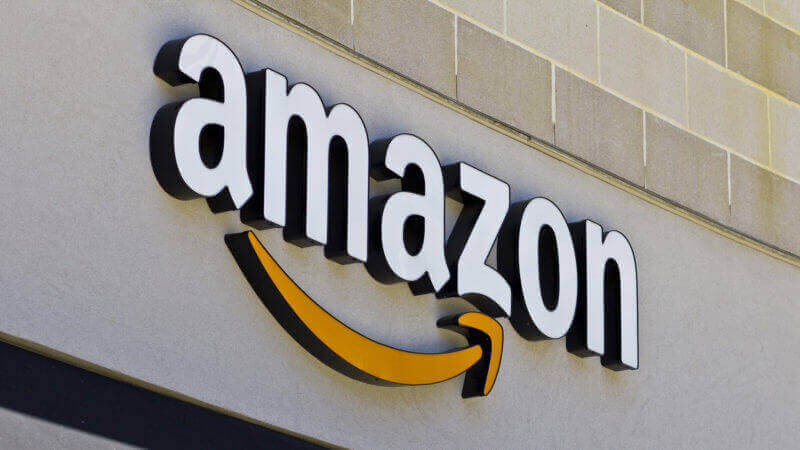
A recent analysis of Amazon’s ability to disrupt online travel agencies by Morgan Stanley was in the news with a number of opinion articles on the subject being published. “Online travel has proven immune to Amazon disruption so far. But as we have seen with other categories, that doesn’t mean they won’t try again, and they should. Amazon’s focus on selection/service, pricing, and frictionless payment that drive conversion and stronger user economics also translate directly to travel,” said analyst Brian Nowak from Morgan Stanley.
Many hospitality industry experts chimed on the subject, with opinions ranging from complete dismissal to panicked predictions about doom and gloom for the very harmonious online travel marketplace.
This is not the first time it was predicted that Amazon would try to tackle the online travel space. Back in 2013-2015, they attempted twice to enter the online travel space with its ill-conceived Amazon Local, which relied on flash sales, and its short-lived Amazon Destinations, relying on the merchant model and manual upload of inventory availability and pricing by hoteliers. Needless to say, neither of these attempts proved successful among travelers or hoteliers. In January 2015, an opinion article was published, “Should Hoteliers Be Concerned with Amazon Becoming the Next Mega OTA?”, in which it was concluded that they shouldn’t worry, at least for the time being.
Why hasn’t Amazon succeeded in conquering the online travel category?
Amazon is the largest online retailer in the world with a market capitalization of over $773 billion. They have mastered online retailing, inventory management, online order fulfillment and logistics. From e-books to electronics and streaming video, they excel in and “owns” every single retail category, except online travel retailing. Why is that?
- Business strategy to enter online travel: In both of its failed attempts to enter online travel retailing, Amazon tried to build an organic travel and hotel retailing product. This was the wrong approach due to the complexities (read: expensive and time-consuming) of gaining access to travel inventory, and lack of expertise in managing travel industry relationships. For example, Booking.com features over 1,703,622 properties and covers 129,117 destinations in 229 countries and territories worldwide. In 2014 and early 2015, when planning its Amazon Destinations launch, Amazon missed its chance to enter online travel retailing by acquiring one or more of the established OTAs like Expedia, Travelocity or Orbitz in North America and Wotif in APAC. As it turned out, building an OTA service from scratch was prohibitively expensive and impossible to scale in a reasonable time



